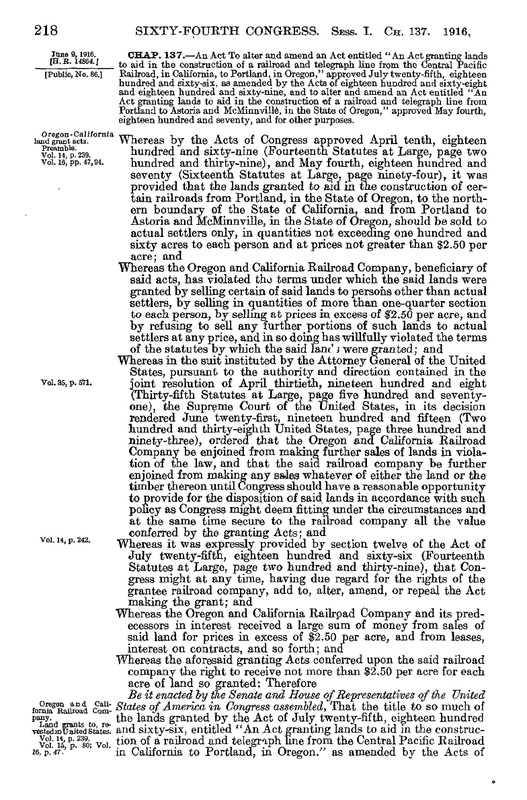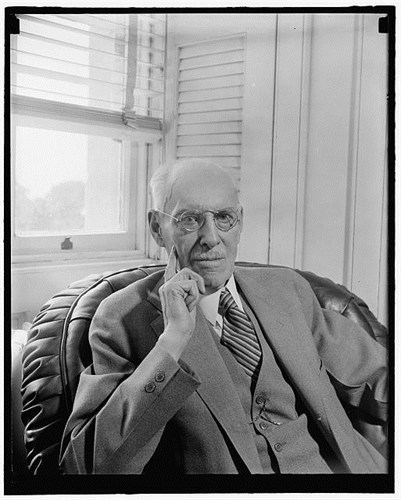I am currently working on two book-length studies of conservation, Congress, and the creation of the western federal domain.
|
|
Forty-Seven Percent of the West: Congress and Conservation during the Long Progressive Era
Although there are many studies of conservation in the Progressive Era, often with considerable sophistication, these works focus almost exclusively on charismatic administrators and non-governmental advocates. Scholars have paid scant attention to the sausage-making processes by which legislators turned bills into laws. Congress is at most an afterthought, facilitating or obstructing the actions of people who had zero ability to write or pass laws. Forty-Seven Percent rectifies this by foregrounding Congress as a separate and equal actor. Legislators had their own agendas and left their own imprints on conservation law. Revisiting the legislative process also reveals a raison d'être rarely considered, one that explains both why Congress supported the creation of a vast federal domain and why laws often veered sharply from the bills that administrators and non-government advocates submitted. The legislation passed before WW2 still shapes how Americans interact with federal lands. Forty-Seven Percent tells this story. |
Voice of the West: Colorado's Ed Taylor and the Creation of Modern America
Taylor is known for two bills that shaped the development of the American West, the Stock Raising Homestead Act of 1916 and the Taylor Grazing Act of 1934, but he actually passed hundreds of laws in his career, institutionalized western water doctrines, managed part of a presidential campaign, ran the House floor in 1935, and chaired the Appropriations Committee from 1937 to 1941. Before that Taylor had been a state senator for twelve years, passing more constitutional reforms than any legislator in Colorado history. Before that he had refereed the first water adjudications in the Colorado River basin. Before that he had been class president at the University of Michigan, a high school principal, and a cattle hand. Ed Taylor lived a long and interesting life, but it is his legacy in dams, reclamation projects, conservation debates, and the vast holdings of the Bureau of Land Management that still matter to historians of the environment and the modern American West. |


